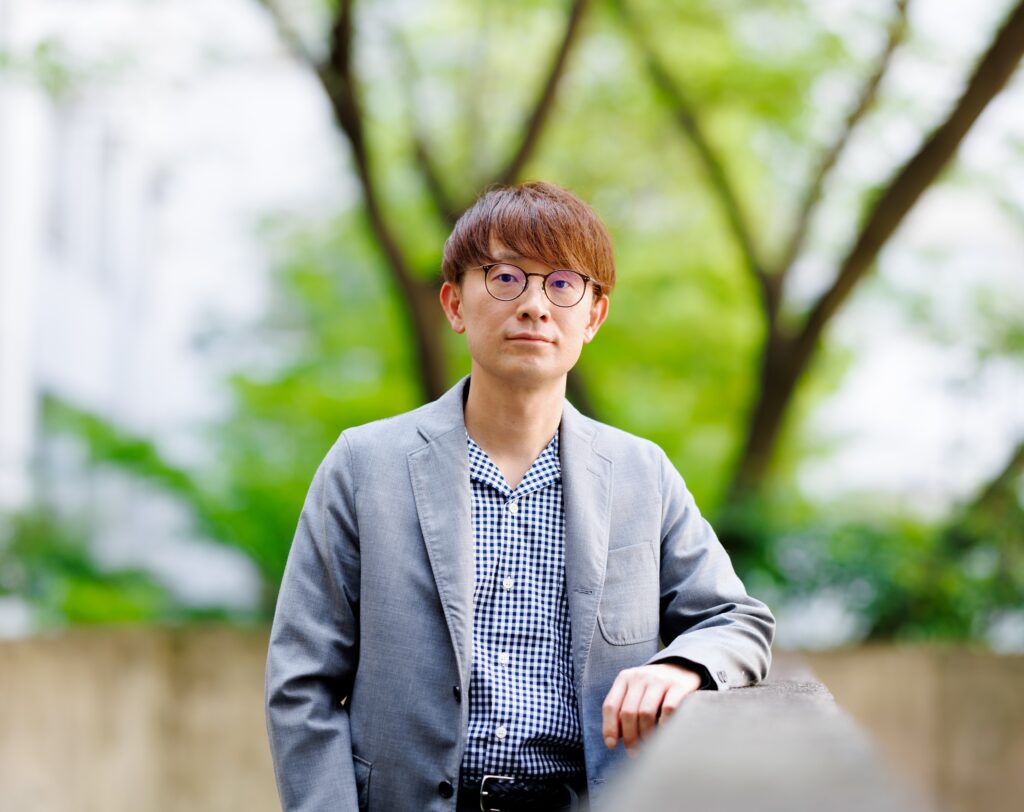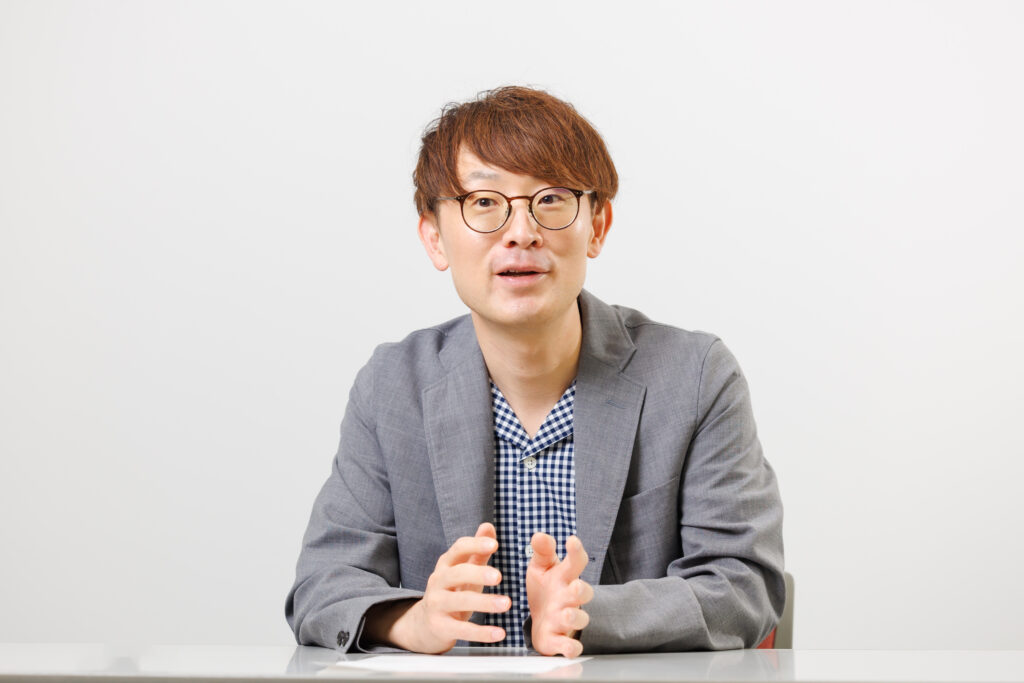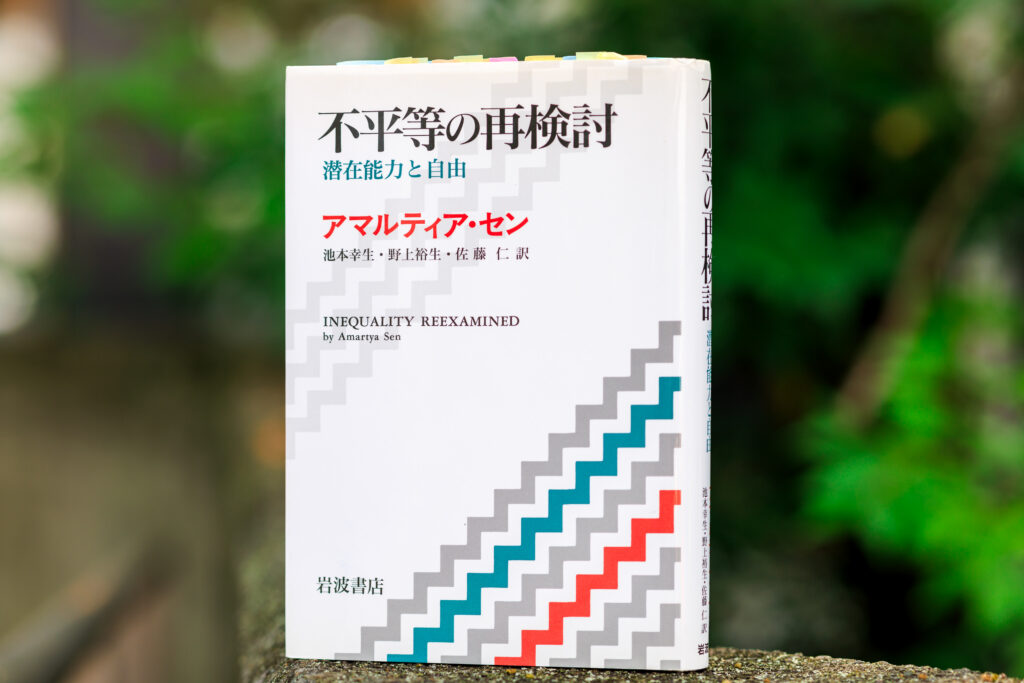
Associate Professor Hiroya Hirano from the Faculty of Human Sciences studies social policies in the UK, specializing in the country’s income maintenance program. Revamped as part of the welfare reforms that started in the 2010s, he talks about “Universal Credit,” a recent initiative in the UK, exploring its characteristics and achievements as well as its significance to international comparative research.
There are many countries in the world facing issues with employment and unemployment. One such country is the UK, which is known for being a country with a comprehensive social protection system. For many years, the UK was plagued by high unemployment arising from economic stagnation that started in the 1970s.
In my research, I mainly look at the initiatives for dealing with the issue of unemployment in the UK, analyzing their intentions and achievements. At the same time, I also consider possible policies and programs, that could be implemented to create a society where individuals can obtain continuous income, and lead lives without having to worry about basic necessities.
After World War Two, the UK sought to build a welfare state and focused on establishing its social protection system. One program that was created in this effort was the income maintenance program, a system that aimed to bring stability to the lives of the unemployed by providing them with cash benefits.
However, over time, revisions made to adapt to the changing eras left the program extremely complicated and difficult to understand. Therefore, it was fundamentally revamped as part of the welfare reforms that started in the 2010s.
Achievements and new challenges from tighter cash benefit eligibility

Under the slogan “Welfare to Work,” the new program Universal Credit not only provides benefits, but also clearly advocates its direction of improving the mindsets and livelihoods of the unemployed by encouraging job seeking and occupational training.
Previously, it was relatively easy to receive benefits. By adding behavioral requirements such as regular interviews with case workers and a certain number of hours spent looking for jobs, there are signs of changes in unemployed people’s desire to work and their behaviors.
Still, the unemployment rate remains largely unchanged, and there are also issues such as an increase in mental disorders arising from the pressure to find work. In research, it is important to validate the effectiveness and achievements of policies and programs after also looking at the side effects caused by such new systems.
There are opportunities to talk to case workers in charge of unemployment issues and unemployed people themselves when conducting fieldwork on the ground. To them, I am a foreigner, and it is only fair that they think of me as an outsider. However, there are also those who come to trust me after repeated visits and conversations, speaking frankly about their thoughts and even inviting me to their homes to see how they actually live.
Unemployment is a serious issue that directly affects the lives and livelihoods of people. I always keep in mind to undertake research with a sense of responsibility and sincerity.
Significance of international comparative research that learns from cases in other countries
This research also serves as international comparative research, examining similarities and differences between the UK’s social policies and those of Japan. With batch recruitment of new graduates and a unique, long-term employment system, Japan’s unemployment rate can be said to be trending at a low level compared to other developed countries, but this may not be the case going forward.
Even if a social issue has not surfaced in Japan, by looking at cases of countries facing such problems in advance, we can help to increase the number of options that can be taken when similar issues eventually manifest in Japan.
It may be difficult for the government to guarantee satisfactory incomes and livelihoods for everyone, but efforts should be taken in this direction as far as possible. To this end, it is important that we researchers let society know the insights we obtained and raise the issue whenever improvements are necessary so that people take an interest in social policies—which form the foundation of society—and the development of programs.
The book I recommend
“Inequality Reexamined”
by Amartya Sen, Japanese translation by Yukio Ikemoto and others, Iwanami Shoten

This is a book that discusses the issue of inequality in society and how justice should be from the viewpoint of economics. The perspective that, to create a better society, it is important to first overcome the injustice in front of us serves as my starting point as a scholar.
-
Hiroya Hirano
- Associate Professor
Department of Social Services
Faculty of Human Sciences
- Associate Professor
-
Graduated from the Department of Social Welfare, Faculty of Humanities, Tokyo Metropolitan University, and received his Ph.D. in Social Welfare after completing the doctoral program for Social Welfare at the university’s Graduate School of Social Sciences. Took on several positions—such as senior lecturer and associate professor at Mejiro University’s Faculty of Human Sciences—before assuming his current position in 2023.
- Department of Social Services
Interviewed: July 2023